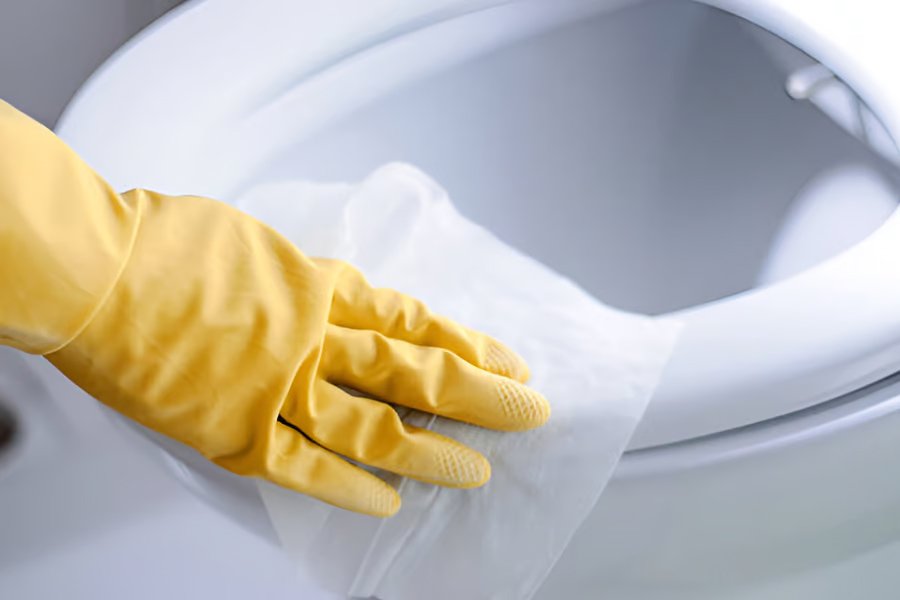The term “flushable wipe” is a common one, often found on products marketed as convenient and hygienic. But are these wipes truly as harmless as they claim to be? Despite the name, many people are surprised to learn that flushing wipes down the toilet can lead to significant problems for both your plumbing system and the environment.
The Myth of Flushable Wipes
The idea that flushable wipes are biodegradable is a misconception that has led to widespread misuse of these products. While it’s true that some wipes are made from materials that are technically biodegradable, the process of breaking down in a sewer system is much different than breaking down in a compost pile.
- Not Designed for Sewers: Sewer systems are designed to handle human waste and toilet paper, which are specifically formulated to break down quickly in water. Flushable wipes, on the other hand, are often made with synthetic materials that are much slower to decompose.
- Fatberg Formation: When flushed wipes enter the sewer system, they can combine with fats, oils, and grease to form massive clogs known as fatbergs. These fatbergs can cause severe blockages, leading to sewage backups, overflows, and costly repairs.
- Environmental Impact: Flushable wipes that make their way into waterways can harm aquatic life and contribute to water pollution. Even if the wipes are eventually broken down by bacteria, the process can release harmful chemicals and microplastics into the environment.
Why Flushable Wipes Are a Problem
- Material Composition: Many flushable wipes contain synthetic materials like polypropylene, which are resistant to breakdown in water.
- Lack of Standardization: There are no universally accepted standards for what constitutes a “flushable” wipe, leading to inconsistencies in product quality.
- Misleading Labeling: Some manufacturers may exaggerate the biodegradability of their products to attract consumers.
The Consequences of Flushing Wipes
- Plumbing Problems: Clogged pipes, sewer backups, and costly repairs.
- Environmental Damage: Water pollution, harm to aquatic life, and contribution to climate change.
- Public Health Risks: Sewage overflows can contaminate water supplies and pose health risks to humans.
Sustainable Alternatives
- Compostable Wipes: Choose wipes specifically labeled as compostable and dispose of them in a compost bin.
- Reusable Cloth Wipes: Invest in reusable cloth wipes that can be washed and reused multiple times.
- Biodegradable Toilet Paper: Opt for toilet paper made from recycled or sustainable materials that is designed to break down quickly in water.
What You Can Do
- Read Labels Carefully: Always check the product label to ensure that the wipes are truly compostable or biodegradable.
- Dispose of Wipes Properly: Never flush wipes down the toilet, even if they are labeled as flushable.
- Educate Others: Spread awareness about the dangers of flushing wipes to help protect our environment and plumbing systems.
- Support Regulations: Advocate for stricter regulations on the labeling and manufacturing of flushable wipes.
By understanding the issues associated with flushable wipes and making informed choices, we can help reduce the negative impacts on our environment and plumbing systems.






